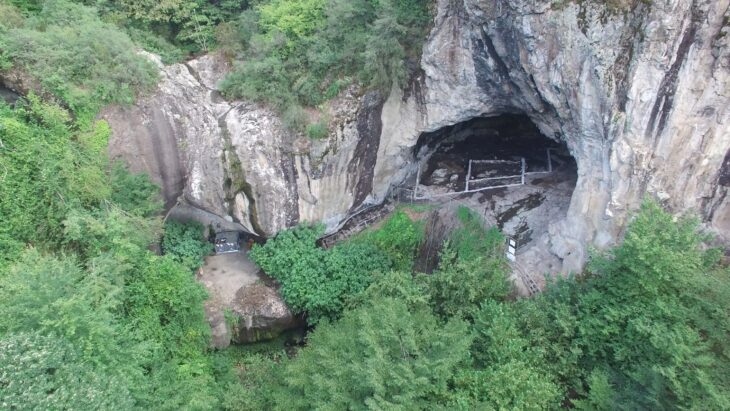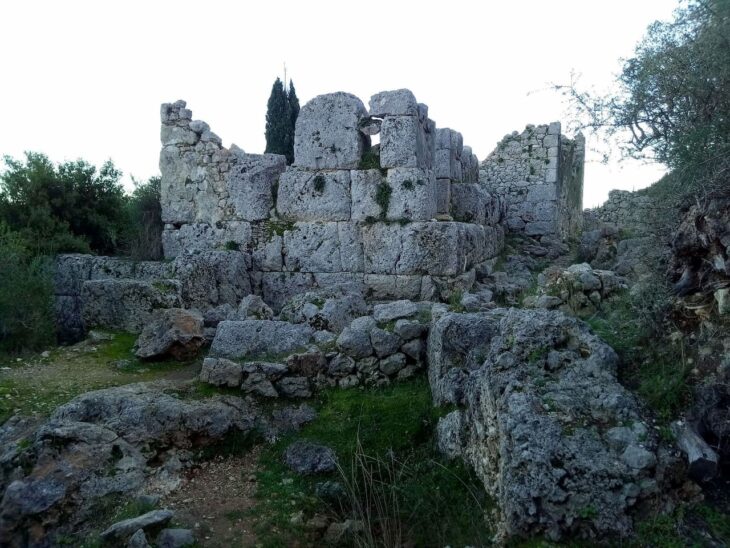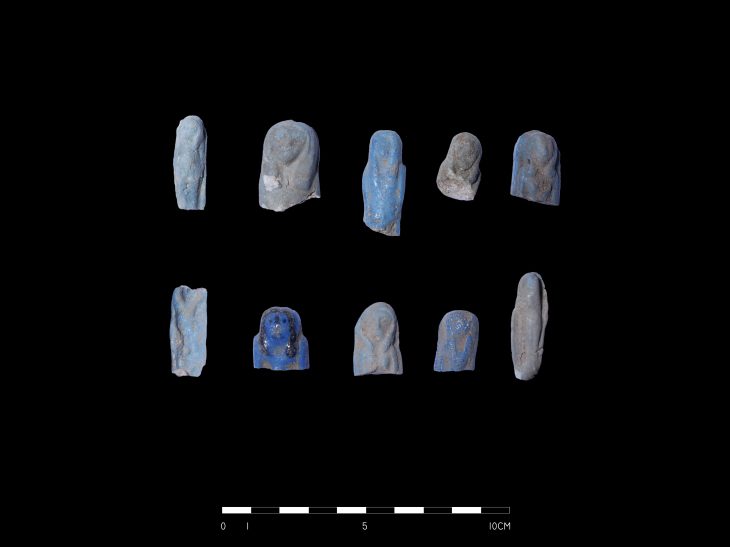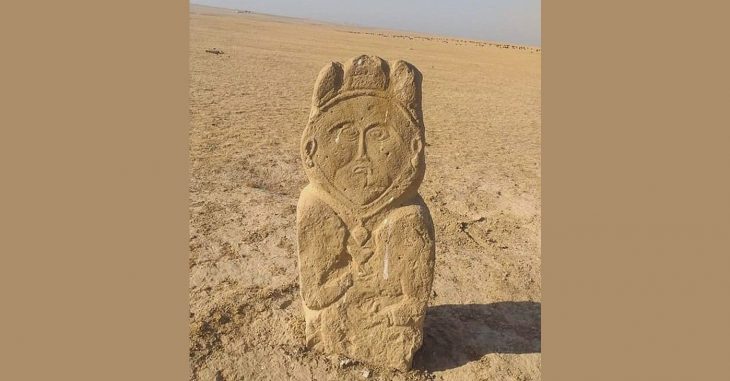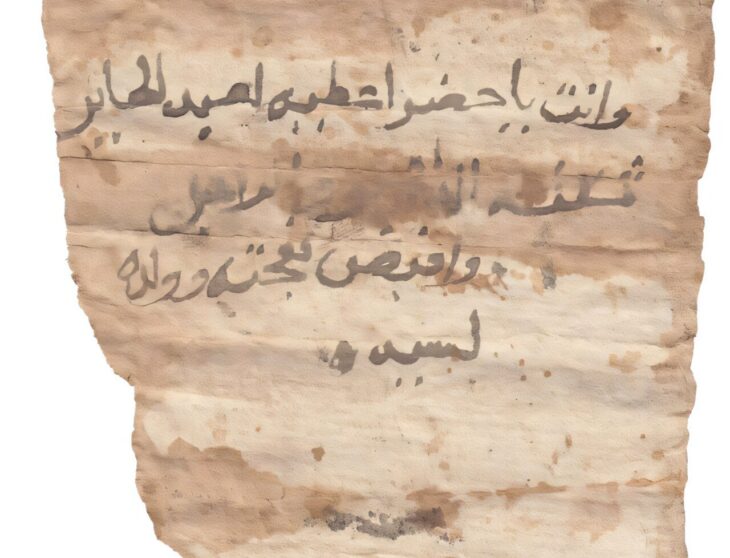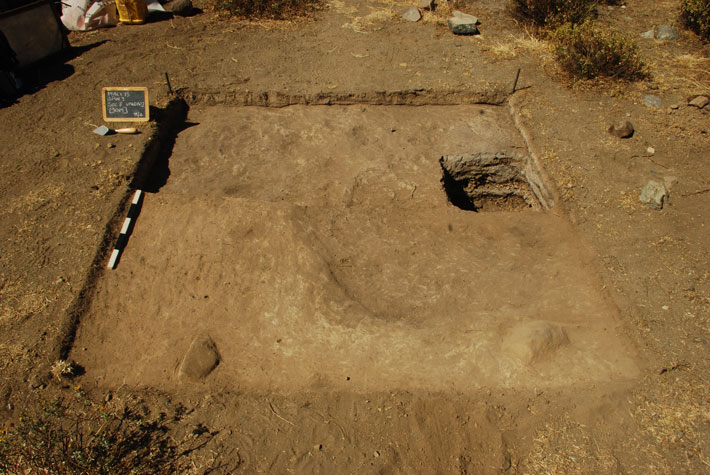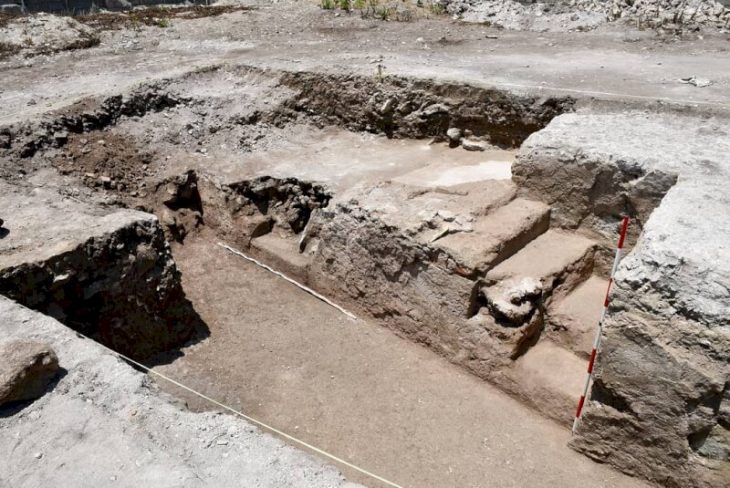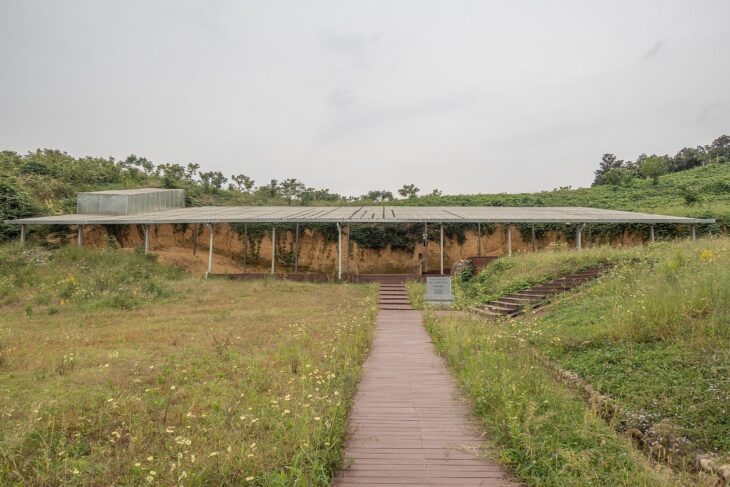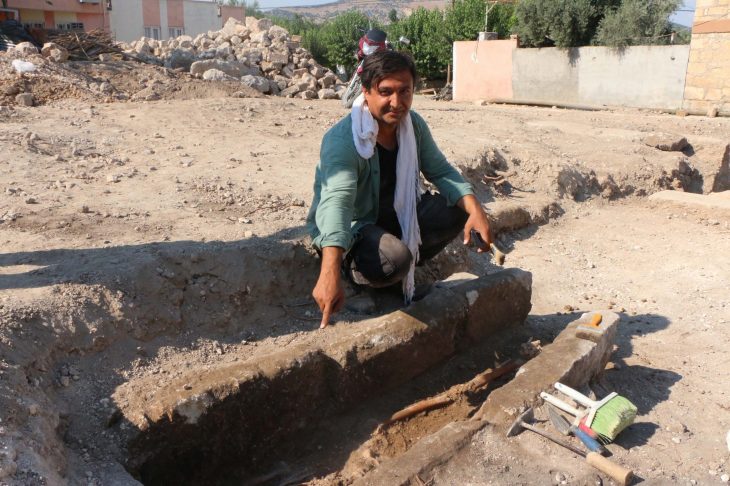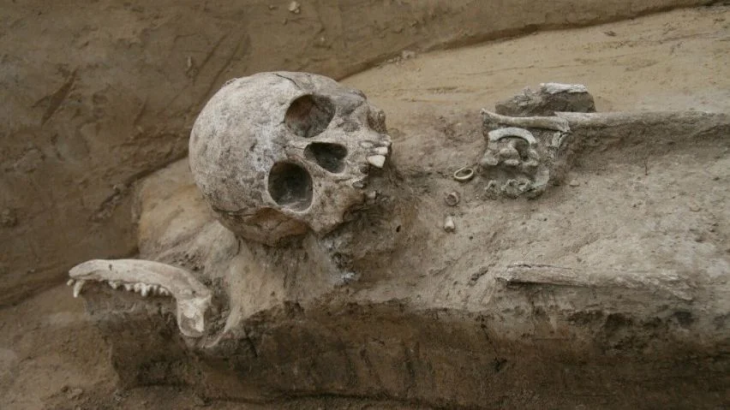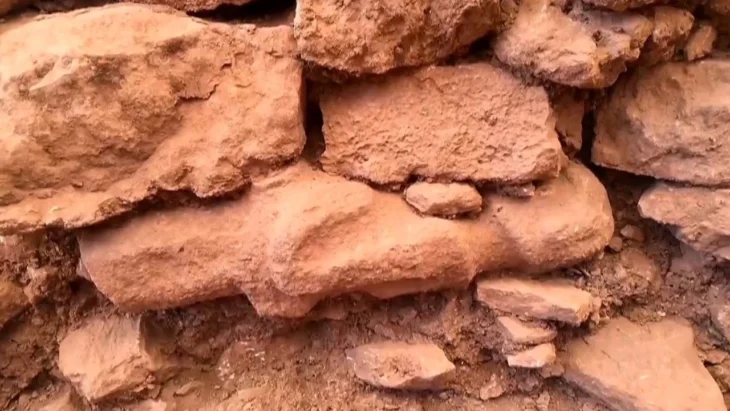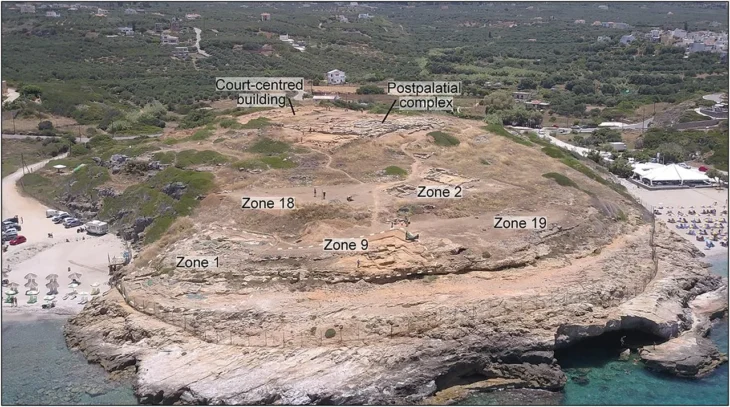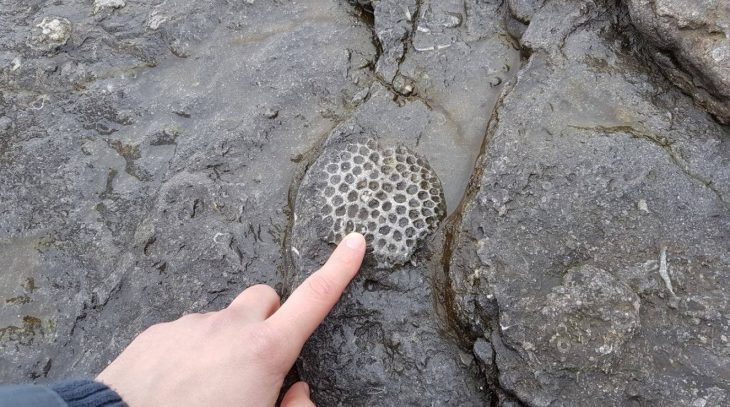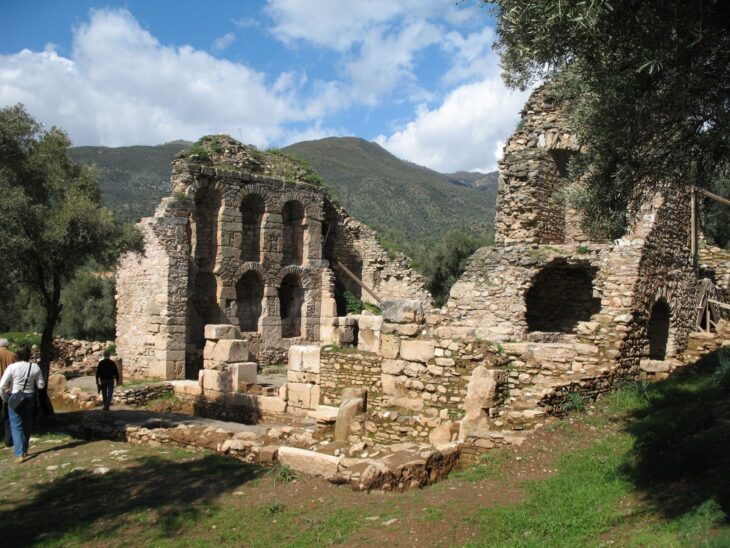Archaeologists uncovered a Roman gold coin hoard of 141 Roman gold coins dating to the second half of the 4th century AD, near Holzthum, located north of Luxembourg.
This impressive discovery was announced on the official website of the National Institute for Archaeological Research (INRA). The coins are gold solidi struck during the reigns of nine emperors who reigned between 364 and 408 A.D.
Eight emperors are depicted on the coins, but three of them featured an unexpected monarch: Eugenius, the Western Roman Empire’s illegitimate emperor who ruled for just two years (392 to 394).
Eugenius briefly ruled as the emperor of the Western Roman Empire from 392 to 394 AD. He came to power with the support of the powerful general Arbogast, who was a Frank. Eugenius is notable for his attempts to restore pagan practices and traditions when Christianity was becoming increasingly dominant in the empire. His reign was marked by political instability and conflict, particularly with the Eastern Roman Emperor Theodosius I. Ultimately, Eugenius was defeated by Theodosius in the Battle of the Frigidus in 394 AD, leading to his execution and the consolidation of Christian authority in the empire. Coins bearing his image are exceedingly rare.
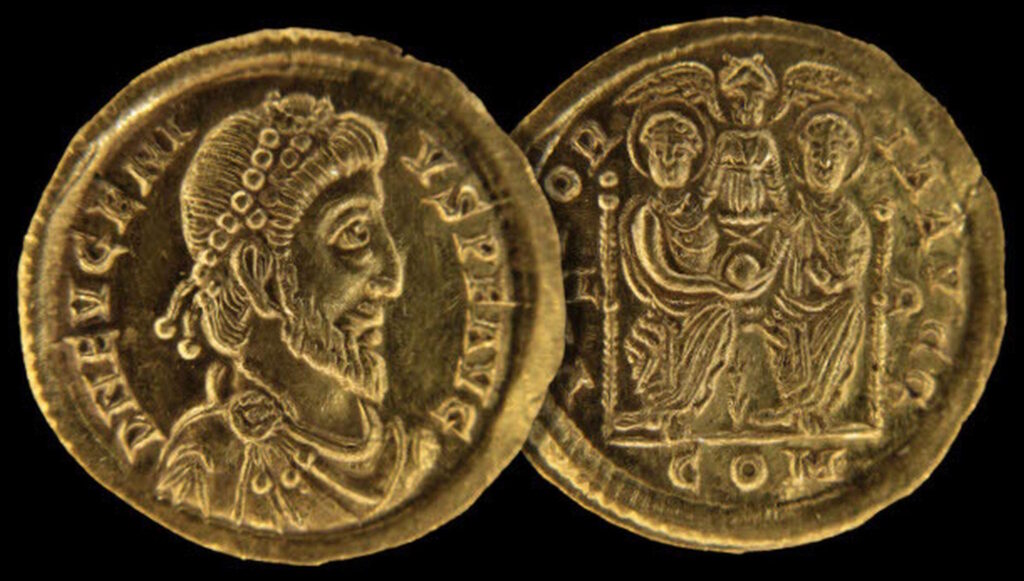
Excavating under INRA’s supervision from 2020 to 2024, the discovery was kept under wraps for nearly four years. The Luxembourg Army Mine Action Service (SEDAL) assisted with the dig because of the dangerous conditions the team faced due to the numerous World War II explosives and munitions buried nearby.
📣 Our WhatsApp channel is now LIVE! Stay up-to-date with the latest news and updates, just click here to follow us on WhatsApp and never miss a thing!!
“This is a major archaeological discovery, as it is extremely rare to be able to study an entire ancient monetary deposit in its archaeological context,” researchers wrote in a translated statement from the National Institute for Archaeological Research (INRA) in Luxembourg.
The gold solidi are in excellent condition and because they include very rare examples, INRA experts have evaluated the value of the coins at 308,600 euros, approximately $322,000.
In addition to the coin deposit, the excavations uncovered the remains of a late Roman burgus, a small fortified observational tower commonly found on the Empire’s Germanic borders in the fourth century, as well as several graves surrounding it.
National Institute for Archaeological Research (INRA)
Cover Image credit: C. Nosbusch / INRA


